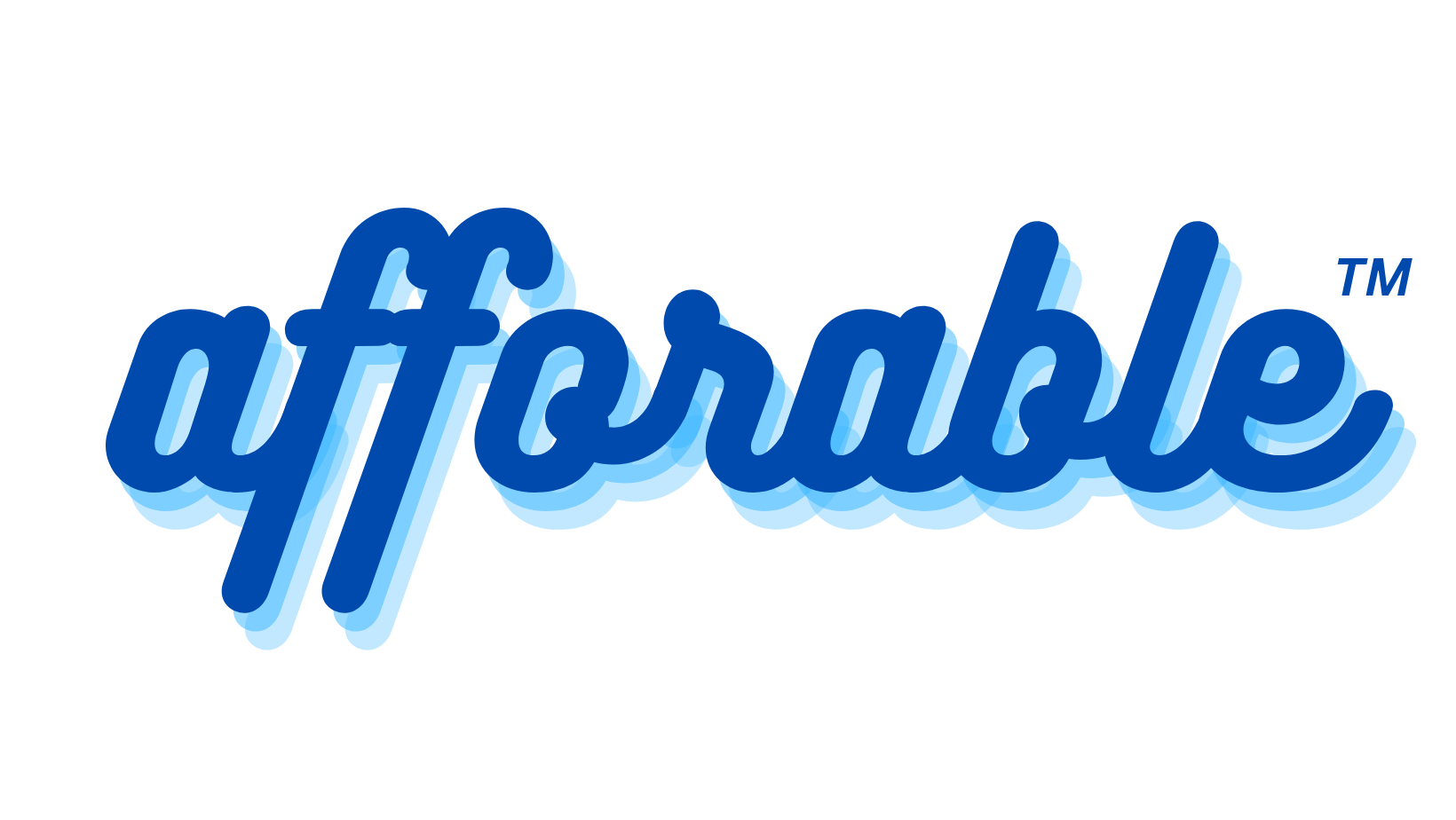For individuals facing the challenge of unpaid credit card debt, the involvement of collection agencies is a significant concern. One common question is when credit card debt is sold to collection agencies and what triggers this process. In this article, we’ll explore the timeline and circumstances surrounding the sale of credit card debt to collection agencies.
The Stages of Credit Card Debt Collection
The journey from missed payments to debt collection agencies involves several stages, each with its own implications and consequences:
- Missed Payments: The process typically begins with the cardholder missing their credit card payments. These missed payments are reported to credit bureaus, negatively affecting the cardholder’s credit score.
- Charge-Off: After a certain number of missed payments, usually around 180 days, the credit card issuer may “charge off” the debt. This accounting term signifies that the issuer no longer expects to collect the debt, but it doesn’t mean the debt is forgiven.
- Internal Collections: Some credit card issuers have internal collection departments. Before selling the debt to a third-party collection agency, these departments continue their efforts to recover the debt. This may involve contacting the cardholder and attempting to negotiate a repayment plan.
- Debt Sale: At a certain point, the credit card issuer may decide to sell the delinquent debt to a third-party collection agency. The debt is typically sold for a fraction of the total amount owed.
- Collection Agency Involvement: Once the collection agency acquires the debt, they begin their collection efforts. This can include contacting the cardholder to request payment, negotiating a settlement, or, in extreme cases, taking legal action.
Credit Card Issuer Discretion
It’s important to note that not all credit card debt is sold to collection agencies. The decision to sell the debt or keep it in-house varies among credit card issuers and depends on their internal policies. Some issuers may choose to continue their collection efforts without selling the debt to a third party.
Dealing with Collection Agencies
If you find yourself in a situation where your credit card debt is delinquent and you’re facing collection efforts, it’s crucial to address the issue promptly and responsibly:
- Communication: Open communication with the collection agency is key. Discuss your financial situation and explore options for resolving the debt, such as negotiating a settlement or setting up a repayment plan.
- Know Your Rights: Familiarize yourself with your rights and responsibilities under debt collection laws, such as the Fair Debt Collection Practices Act (FDCPA) in the United States. These laws protect consumers from abusive or unfair debt collection practices.
- Seek Professional Guidance: If dealing with collection agencies becomes overwhelming, consider seeking professional financial advice to navigate the process effectively.
Conclusion
The sale of credit card debt to collection agencies is typically a result of missed payments and a charge-off by the credit card issuer. The involvement of collection agencies introduces new challenges and potential consequences for the cardholder. Understanding the stages of debt collection and your rights under applicable laws is essential for making informed decisions and resolving credit card debt issues.

